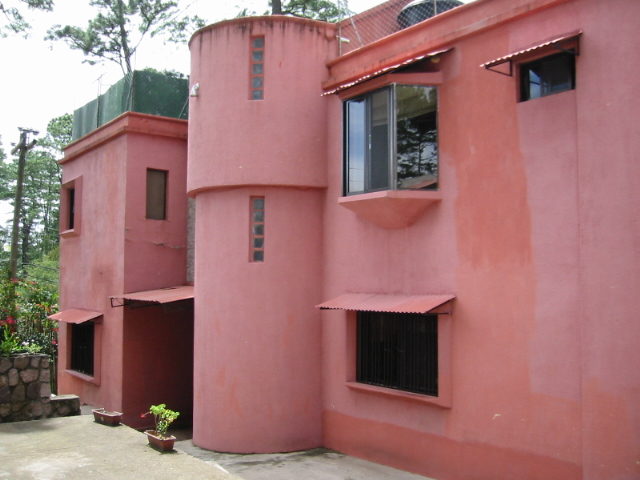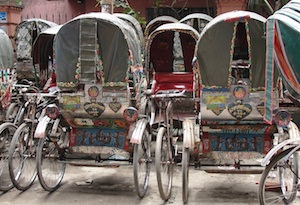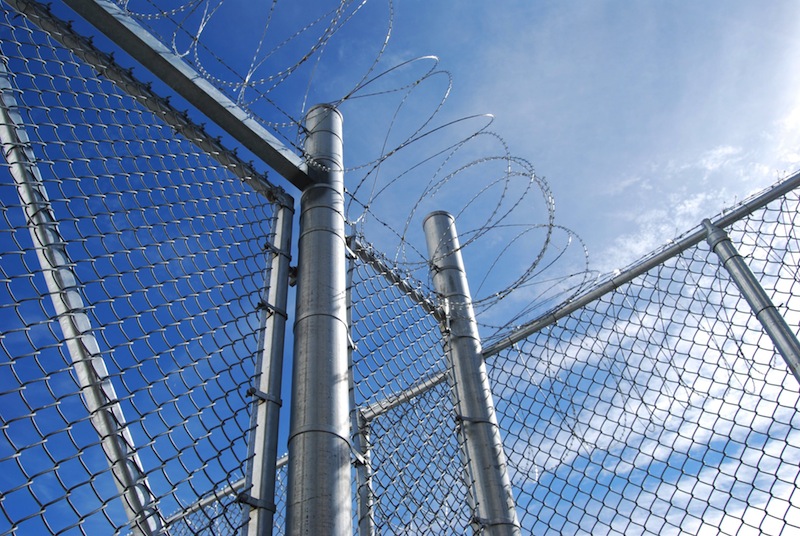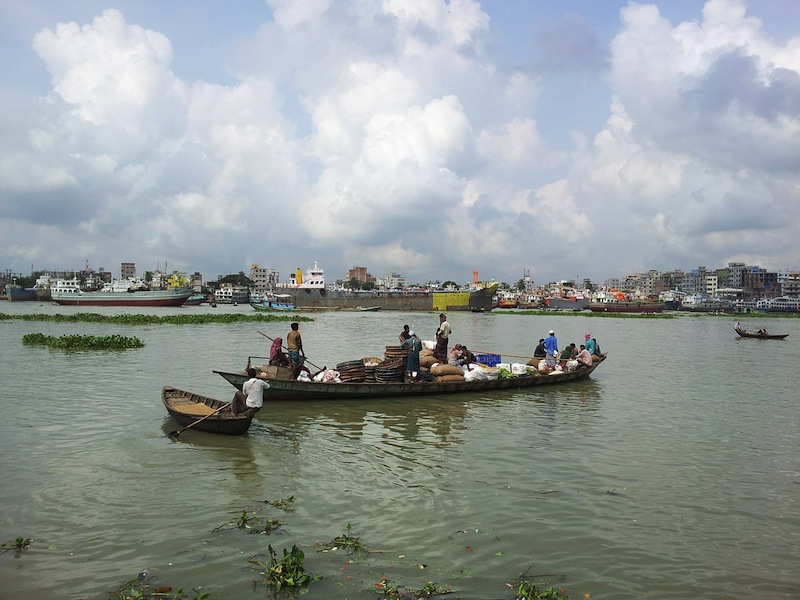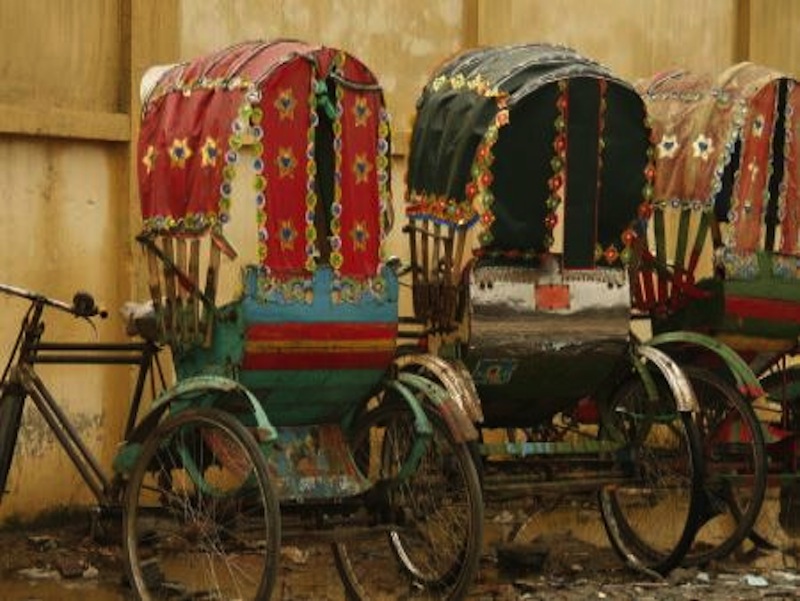
Paola lives in Dhaka, from where she sends this interesting and moving article on acid attacks in Bangladesh. Thanks Paola!
“Millions of women and girls around the world are assaulted, beaten, raped, mutilated or even murdered in what constitutes appalling violations of their human rights. […] We must fundamentally challenge the culture of discrimination that allows violence to continue. On this International Day, I call on all governments to make good on their pledges to end all forms of violence against women and girls in all parts of the world, and I urge all people to support this important goal.”
This is UN Secretary General Ban Ki-moon’s message for this year’s United Nations International Day for the Elimination of Violence Against Women, which was on 25 November. I shall be supportive of the occasion by joining a team from DFID (the UK Department for International Development) for a visit to one of the projects they support, the Acid Survivors Foundation (ASF).
Acid violence is a cruel form of assault which is most often perpetrated against women. It is particularly horrific because it is premeditated: the assailant has to procure the acid and get access to the victim. The acid thrown in the victim’s face causes severe burns and long-term physical and psychological damage.
Acid violence has existed all over the world, and today it is most common in South Asia. The attacks are often motivated by revenge: a woman has rejected a man’s advances, or a family has refused a marriage proposal for their daughter.
In Bangladesh, widespread poverty, corruption, weak rule of law, and gender inequality are all underlying contributors to the problem.
The reasons are varied: frequently it may be a family or land dispute: women are considered to be chattels, and harming them makes them unmarriageable, and unable to find work. Recently, there have been acid attacks in Bangladesh against children: a man who wanted a son may throw acid at his baby daughter at birth. Children also suffer when they are not the intended victims, because they may be sleeping beside their mothers when an acid attack is made. I know a fifteen-year-old girl whose face is disfigured for this reason.
It is difficult to bring the perpetrators to justice: often they abscond, or are protected by their family or by the criminal underworld.
Fortunately, thanks to the work of the ASF, the country is working successfully towards the elimination of acid attacks in Bangladesh.
The organization has existed since 1999. They provide post-attack medical care, physiotherapy, psychological care, rehabilitation, legal aid, and prevention. They produce pressure garments, which are used in the treatment of burns. They work in educating the community, for example with their “Use Water Save Life” campaign. The burns that are being treated today are much less severe than in the past, because people know that they must douse them immediately with large quantities of water.
Another aspect of their work is raising awareness: the ASF has managed to gain the support of high profile figures such as pop stars and sports celebrities. The slogan “Good Men Don’t Throw Acid” – although shocking to our Western ears – has proved to be effective.
And the ASF has both the ruling party and the opposition on its side: the law has been changed so that convicted offenders are sentenced to death by hanging. (The sentence is then commuted to life, with a minimum of twenty-seven years served.)
The awareness campaign has been a massive success: on International Women’s Day in 2006, acid violence survivors led a huge march. The thousand marchers following them to express their outrage were mostly men: from university professors to rickshaw wallahs.
The number of acid attacks in Bangladesh dropped from 367 in 2002 to 115 in 2010. Last year there were 91 attacks and 118 survivors.
Bangladesh is not the only country in which acid violence takes place: in 2008 acid attacks were reported in 23 countries, including the UK.
Bangladesh is proving to be a flagship for the fight against acid violence. Following its success, organizations similar to ASF have been created in Uganda, Cambodia, Pakistan, Nepal and India. Let’s hope that the ASF’s vision of a ‘Bangladesh free from violence – particularly acid and other burn violence – where all survivors of violence have access to justice and are full members of society becomes a reality.
The Foundation is a small, unassuming building situated in the Banani suburb in the north of Dhaka. On our visit we were welcomed by doctors, social workers and victims. After a presentation which showed harrowing pictures of the physical damage inflicted by perpetrators of acid attacks, we attended a music session with the victims. The young surgeon showed us the twenty-bed hospital and operating theatre. We saw one male victim: he had had an affair with another man’s wife.
Then two survivors told their stories.
Hasina, a long lock of thick black hair covering her damaged right eye, spoke strongly and confidently. Ten years ago, in her village, there was a dispute between her and a boy who was living in her house: he was not a relative, but was brought up in her family. The disagreement was over a petty issue: water that needed to be collected from a well. The boy threw acid on her in the middle of the night. She did not know what had happened, and screamed as loudly as she could. Her family thought she was exaggerating the pain. She ran outside and rolled in the earth, still screaming from the pain. Neighbours ignored her. When somebody at last took notice, she was referred to a government hospital in Dhaka, where she was operated three times. She was then sent to the Acid Survivors Foundation.
“They were fantastic“, she told us. “At the government hospital they were rough, but here they treated me with love“.
She had several more operations.
“I was determined to get justice“, she said. “I immediately reported the perpetrator to the police. For eight years he couldn’t be found, but then he was at last arrested. Within a year he had received a life sentence“. She continued: “But my family do not like it when I go to the village. They say I bring bad luck. They didn’t let me speak to a new bride recently, or hold a newborn baby“.
Hasina went on to work at the Foundation for several years, and now has a government job.
Roxana, her face calloused and marked, spoke with a soft voice. Her case was perhaps a more “classic” one of harassment. She repudiated the advances of a boy in her village, but he kept following her and making demands on her, despite the fact that her family told his that she was not interested. Eventually she went to Dhaka to study to be a lab technician, and thought she’d shaken him off. But he followed her.
“I moved to a different hostel; I changed my mobile phone number; I even started wearing burka”, she said. At last she thought she had got rid of him, and finished her studies and got a good job.
But in 2010, during an Eid festival in her village, he showed up again. She was to leave the next day. That night, when she was sleeping between a young nephew and a sister, she heard a noise at the window. She got up to investigate, and the boy, who was outside, threw acid in her face. She immediately knew what had happened, called for help, and doused herself in water for a long time. Her family was supportive. She had several operations at the Acid Survivors Foundation.
“But my employers would not take me back”, she said.
“What about the perpetrator? Is he behind bars?”
“No“, she answered. “He is in the army. He will never be convicted.”

